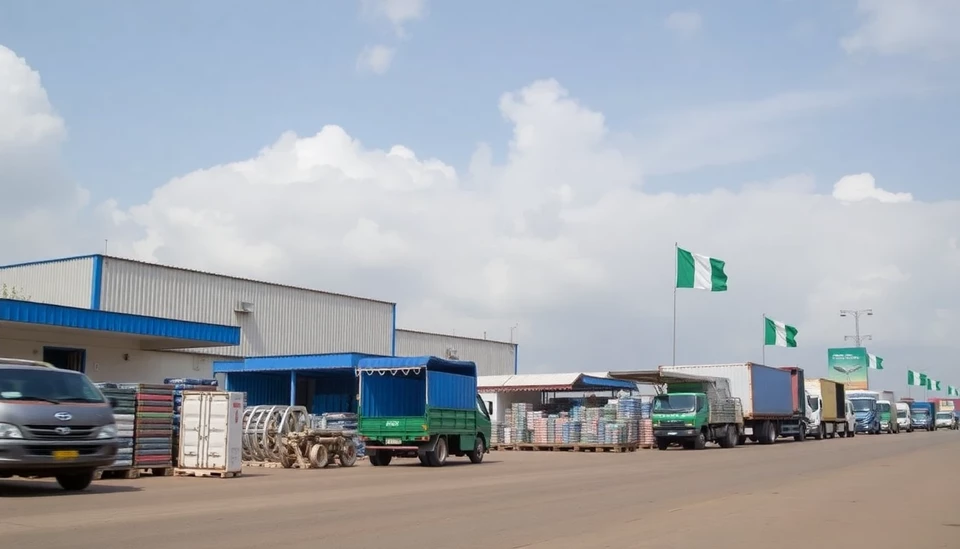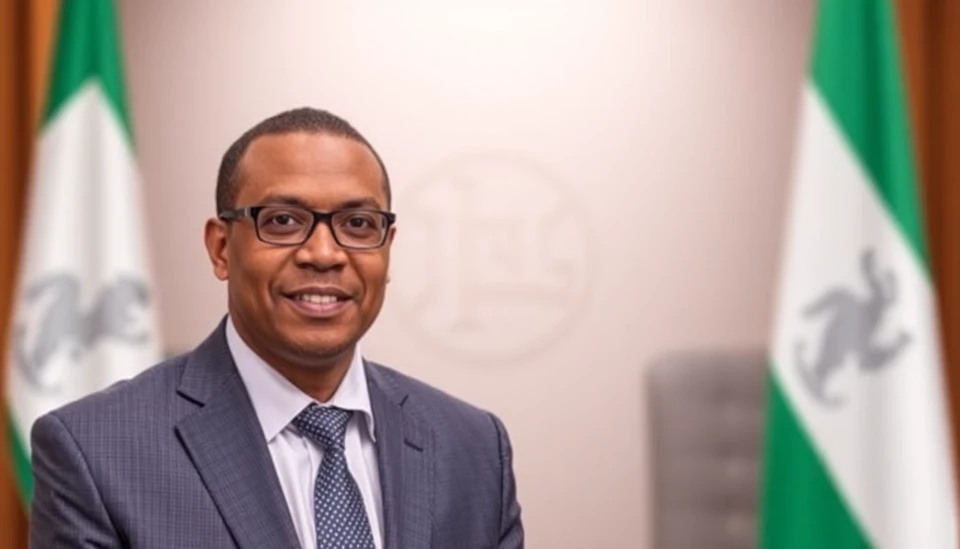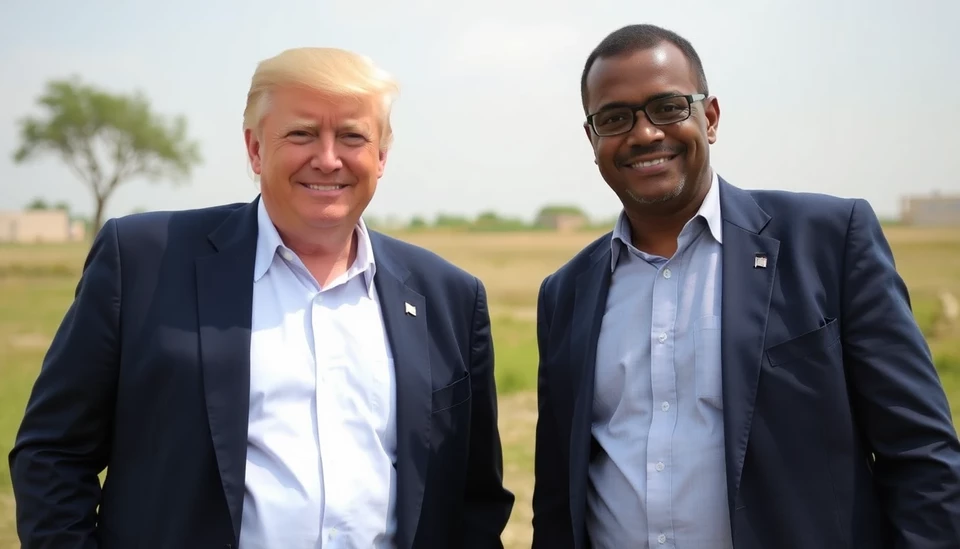
In a troubling trend for Nigeria's economy, inflation has surged dramatically, reaching alarming new heights. The recent spike in consumer prices has put immense strain on the average citizen, as the cost of living continues to escalate amidst a backdrop of ongoing trade disruptions.
According to the latest data from the National Bureau of Statistics, inflation in Nigeria soared to a notable rate of 22.4% in March, reflecting a significant increase from the previous month. This surge is primarily driven by skyrocketing prices in food and energy sectors, which have been particularly affected by global supply chain issues and domestic policies.
The implications of this inflationary pressure are far-reaching. For many Nigerians, the considerable rise in prices is not just an economic statistic but also a harsh reality impacting daily life. Essential commodities such as rice, flour, and cooking oil have become more expensive, pushing already vulnerable households into further financial distress.
Analysts have pointed to several contributing factors to this inflationary trend. Chief among these is the ongoing trade turmoil, which has been exacerbated by geopolitical tensions and fluctuating global market conditions. Nigeria's reliance on imports for much of its food supply makes it particularly susceptible to these external shocks. With the Naira experiencing depreciation, the cost of imported goods continues to climb, further fuelling the inflationary fire.
In addition to external factors, domestic challenges such as security issues in agricultural regions have disrupted local food production. This has created shortages in the market, driving prices even higher. The confluence of these elements suggests that the inflationary environment is likely to persist, posing additional challenges for policymakers and the Nigerian economy as a whole.
In response, economists are calling for significant policy adjustments to address the inflation crisis. Some experts suggest that the government may need to reevaluate its trade agreements and policies to foster a more self-sufficient agricultural sector. Meanwhile, the Central Bank of Nigeria may also be pressured to reconsider its monetary policy stance to stabilize the currency and ease inflationary pressures.
The situation is further complicated by the approaching electoral season, where economic issues are expected to take center stage. Candidates may find themselves under scrutiny regarding their plans to mitigate inflation and ensure economic stability. The public's growing discontent over rising prices may influence voter behavior, adding another layer of complexity to the upcoming political landscape.
As Nigeria grapples with these multifaceted challenges, the country stands at a crucial crossroads. Without effective interventions and strategies, the current inflationary trend could undermine decades of economic progress and deepen the hardships faced by many Nigerians. The urgency of the situation calls for collaborative efforts among policymakers, economists, and stakeholders to devise sustainable solutions that can alleviate the pain felt by citizens and lay the groundwork for a more stable economic future.
#Nigeria #Inflation #EconomicCrisis #TradeTurmoil #CostOfLiving
Author: Rachel Greene




